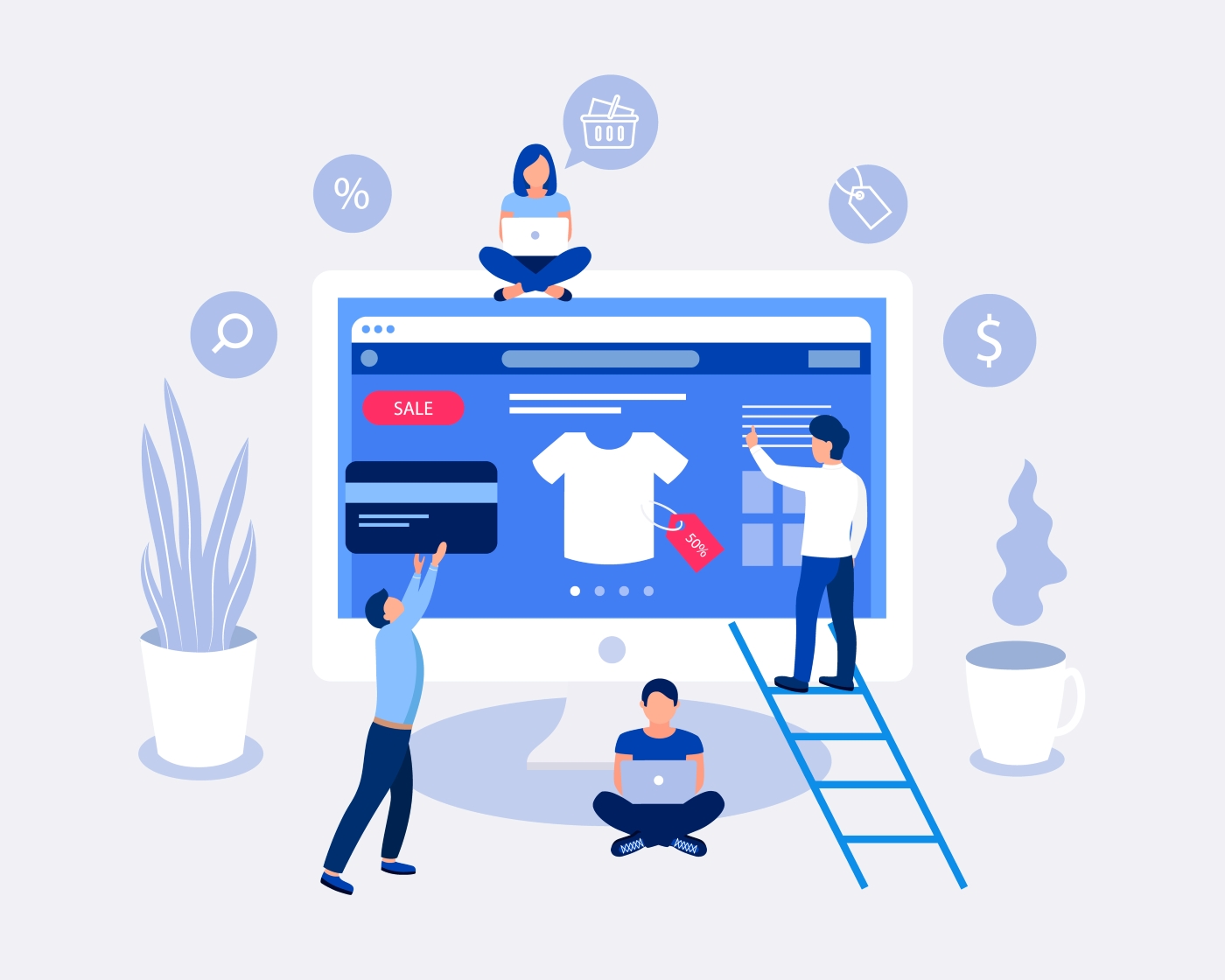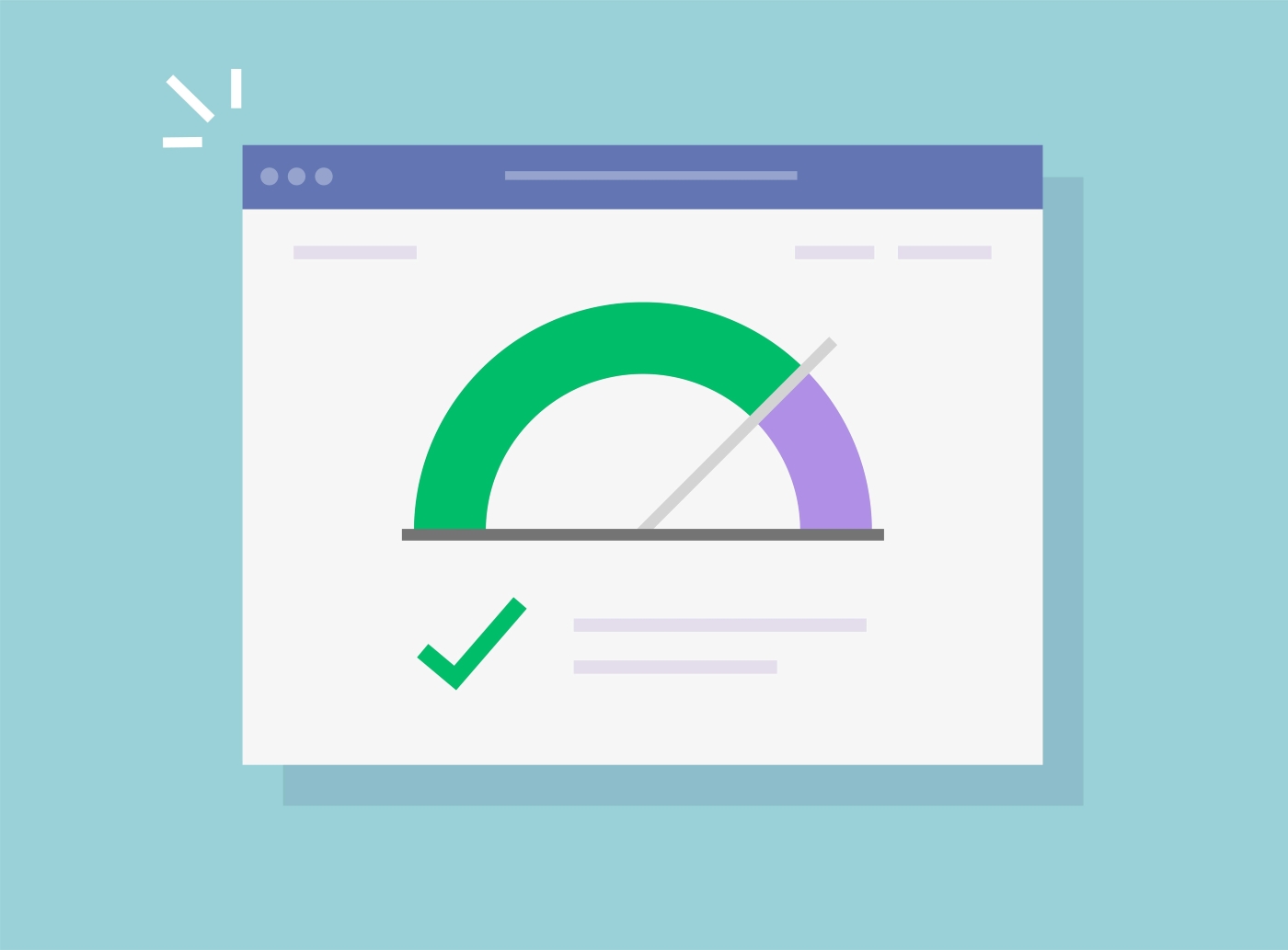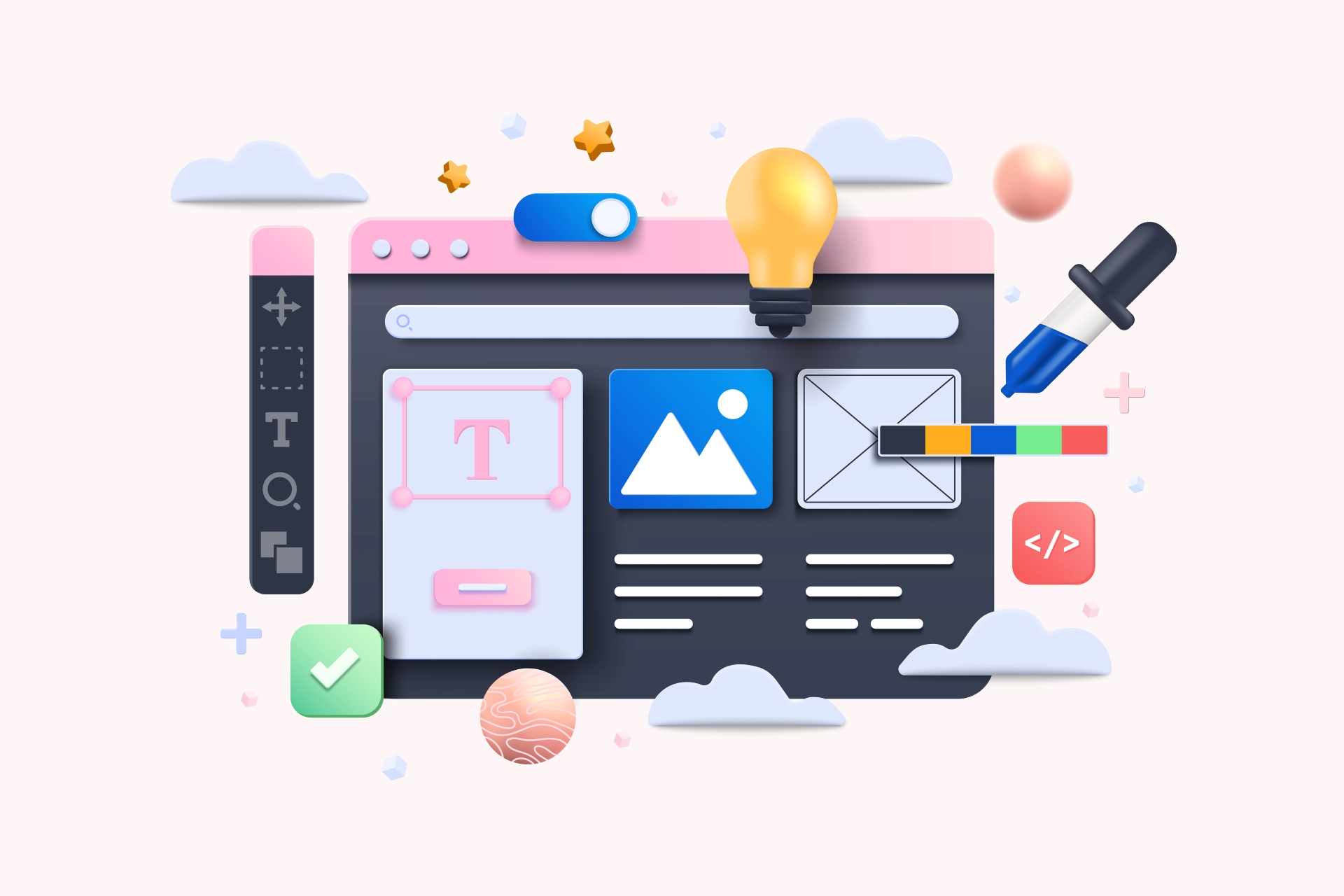Having a website for your business is crucial and allows you to reach a much wider audience. A lot of thought and planning must go into your website design. In this blog, we’re answering the question – what is web design?
Types of website
What web design truly means to you depends on the website type you plan to create. For example, some website types suit some businesses better than others. Here are some types of websites you may consider:
- eCommerce website
- Portfolio website
- Blog website
- Event website
- Membership website
- Personal website
All of these website types will require different features to work successfully. For example, an eCommerce website involves users buying products from an online store. For this type of website to work, you must have certain features such as product pages, a checkout, and give users the ability to make payments. Website payments can be handled on-site or through a third-party website.
For a service-based business, you may choose to create a portfolio website. These are typically image-rich and give you the ability to showcase your best work.
Blogging websites are great for sharing valuable information about one particular topic. For example, you can often find blogging websites that write about food places.

What is web design?
The design of your website has many features, including some that you might not even consider. Put simply, your website’s design refers to how it works and looks. To have a successful website, you must consider both of these aspects.
It will likely come as no surprise that users don’t tend to stick around on a website that doesn’t provide them with what they want.
When creating a new website design, it should use various features to help users reach their end goal. The goal could be to make a purchase, contact a company or even read a blog post. All web design elements should work together to create a seamless experience.
User experience (UX Design)
When creating a new website, it is very important that you consider the user experience. This is concerned with a number of aspects, including:
- Website functionality
- Website usability
- Interaction capabilities
Essentially, it’s all about making your website easy to use. A great web designer will achieve this on each website they produce.
There are a few things that you can do to improve your user experience, including lowering the page load time, adding clear actions, using a good design layout and adding relevant images.
Even if your web page takes just a few seconds to load, you may be losing site visitors and potential customers. No users want to spend time staring at a blank page. Therefore, a slow website can be detrimental to website success. A good hosting provider can support you with this. Read more about business website hosting.

Website appearance (UI Design)
So, now that you know how to create a good user experience, you need to know how to create a website that looks the part too. This is also known as the user interface design.
You’d be surprised how much of an impact your website’s appearance can have on how your users behave. Users can tell if a website hasn’t had a refresh for years because the trends do change.
An old-fashioned website may fail to appear trustworthy to users, leading to them choosing to go elsewhere. This can also occur with poor web design, whereby elements do not appear in the correct place.
An appealing website will be consistent with your company branding. This includes keeping in line with your colour scheme, font and other key elements that encapsulate your brand.
While maintaining branding, you also need to keep up to date with the latest website trends. These may vary in terms of the number of images to include, the graphic elements to use, the amount of text you need to have and more.
Our expert web designers work hard to stay up to date with the best and most recent trends so that you don’t have to. We can help you to bring your own ideas to life or provide our own creative input if you’re struggling with ideas for the design process.
What is responsive web design?
Responsive web design is very important. Without it, you may be losing customers. Responsive websites can alter based on elements such as the screen size they are displayed on. For example, it would be no good if a mobile version appeared on a desktop as there would be a lot of negative space around it.
Previously, using a desktop was more popular than using a mobile phone to browse the internet, but now more than half of websites are viewed on mobile devices rather than desktops.
A few years ago, Google rolled out its mobile-first indexing update, stating that they would be more likely to crawl the mobile versions of websites rather than desktops. This highlights the importance of ensuring that your website displays correctly on the specified screen.
A good web developer will create a responsive design that functions properly using various fields and coding techniques.

What is CMS in web design?
In web design, a CMS is also known as a content management system. There are lots of website builders available, though WordPress is the most popular. Read our blog about a CMS in web design.
A content management system is a website builder that allows web designers to create and make changes to a website.
Some systems allow you to incorporate other website features, such as a blog. Blogs and other pieces of written content can be used to improve your search engine optimisation (SEO). Blogs can help you to reach your target audience through search engines. Read more about SEO ranking factors.
As we mentioned before, there are lots of website types. When choosing a CMS, it’s important to ensure that it has the features that you require for your website.
One important benefit of using a CMS is that they are collaborative. You can have multiple users who can all work on aspects of the website.
Web pages
When designing websites, you must consider the number of pages you would like to include. A typical website would include a home page, contact page and internal pages. These internal pages will vary based on your business type but may include service information or products.
So what is web design?
Web design is everything that works together to make your website what it is. There are lots of features and web design tools that can be used to allow your site to work how you want it to. There are many aspects to consider when it comes to web development, such as visual elements and functional elements.
Our expert developers are always happy to answer any questions you may have regarding web design, so don’t hesitate to contact us.
We can also support you with all aspects of branding, including graphic design. Each web designer has years of experience using website builders to create dynamic websites that work efficiently. Our design skills mean we can also accommodate custom website designs.
